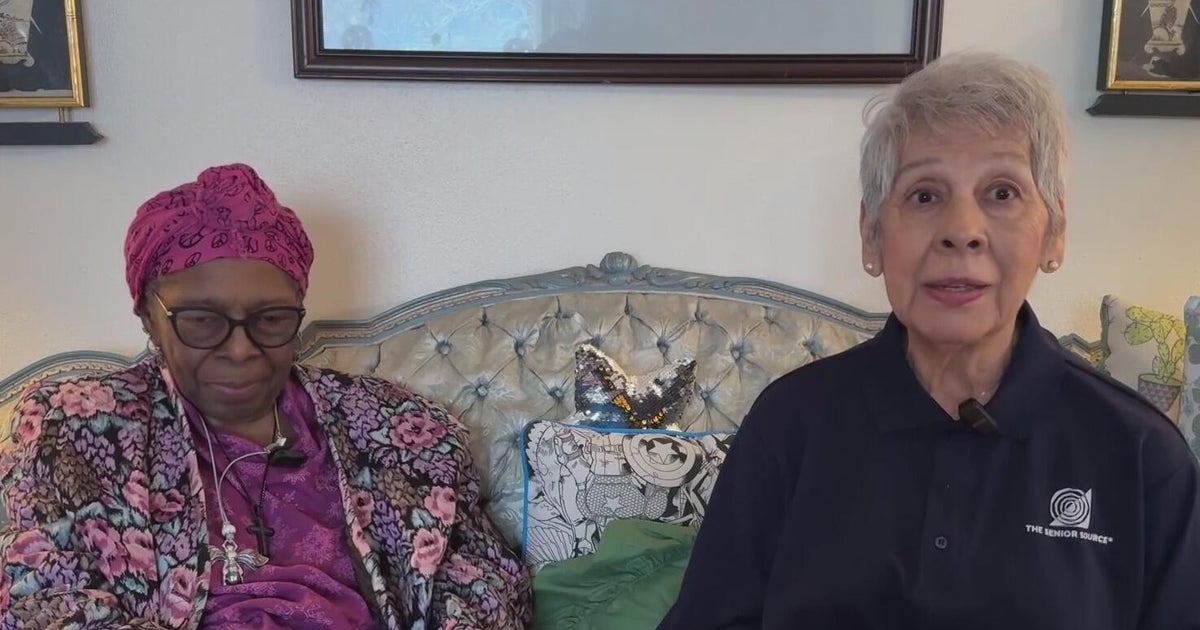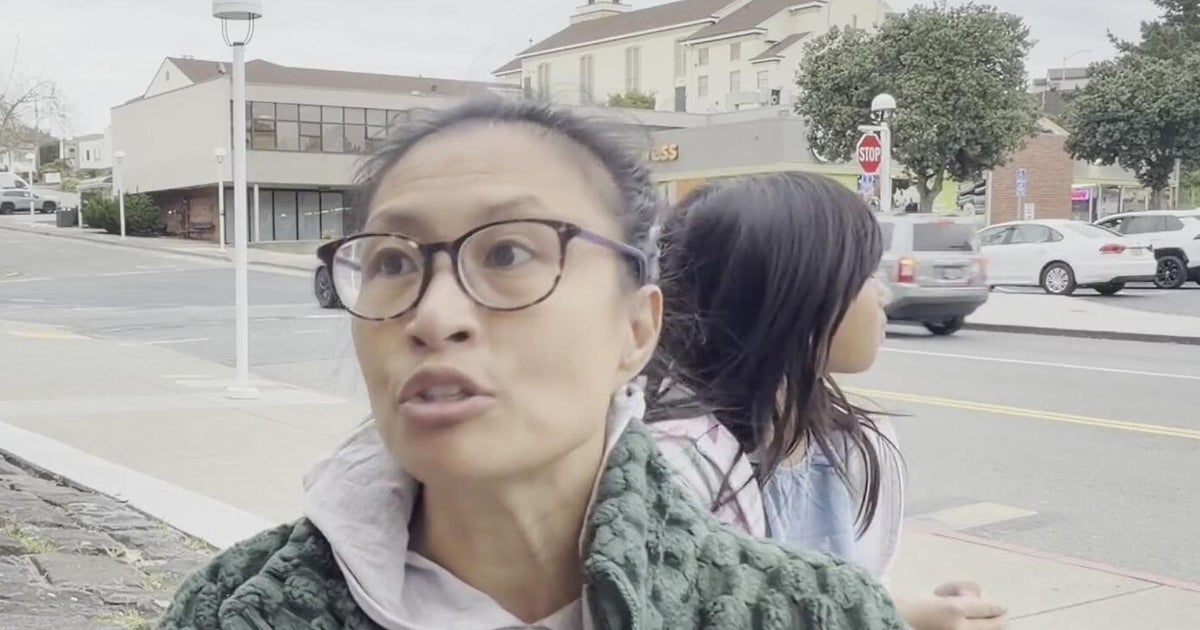Social Security Feeling The Strain This Year
NEW YORK (CBS 2) -- It's one of the most striking fallouts from our nation's bad economy: Social Security is facing a rare shortfall this year as a wave of people is opting to collect payments before their full retirement age.
CBS News business and economics correspondent Rebecca Jarvis has the story.
After working 40 years in the chemical industry, Michael Tait could not wait until he turned 66 -- the full retirement age -- to collect Social Security. He can't find a job.
"Lowe's and Home Depot and the grocery stores and the gas station, you know, nothing," Tait said.
With his unemployment checks running out, Tait decided to apply for his Social Security retirement benefits two years early, at 64, despite the catch: when you collect early, your benefit is cut up to 25 percent, permanently. For Tait, that's a loss of $252 every month.
Still …
"Something coming in right now. I got to take care of my family, and that's the most important thing," Tait said.
Semi-retired medical lab technician Bobby Lee said he will apply for Social Security as soon as he's allowed to -- when he turns 62, next year.
"It will give me more financial freedom. You'll get less, but nobody guarantees how long you're gonna live," Lee said.
Lee and Tait are part of a growing trend.
Last year, 72 percent of the 2.7 million new filers opted into Social Security early. In 2007 and '08, 74 percent did, which was a record high. In 1980, just 57 percent collected early, and in 1970, 47 percent.
Michael Astrue heads the Social Security Administration and said even as more elderly Americans postpone retirement, many others are having it forced upon them.
"People who would not have retired -- would not have taken retirement benefits for the recession -- are taking benefits, we believe, because they have no real choice," Astrue said.
Since the great recession began in December 2007, the rate of unemployed workers 55-and-older has increased faster (115 percent) than for any other age group, and half the older unemployed (53 percent) have been out of work for more than six months.
"I have a feeling that this government is not going to allow senior citizens like myself and others just to die on the vine," Tait said.
Millions are living out a 75-year-old promise, earlier than they had planned.
As a result, Social Security is paying out more money this year than it collects in taxes. And the future doesn't look much better.
Social Security benefit payouts will permanently exceed tax revenues by the year 2015, when 78 million baby boomers are set to retire.
That begs the question: If taxes aren't enough to cover the payouts, then where's the government going to get the money to pay for the benefits?
The answer is over the years our government has set aside a trust fund to cover Social Security. The problem is that all that money will be spent by the year 2037.
So basically in less than 30 years, we'll have just one thing left to cover Social Security: our tax dollars.







